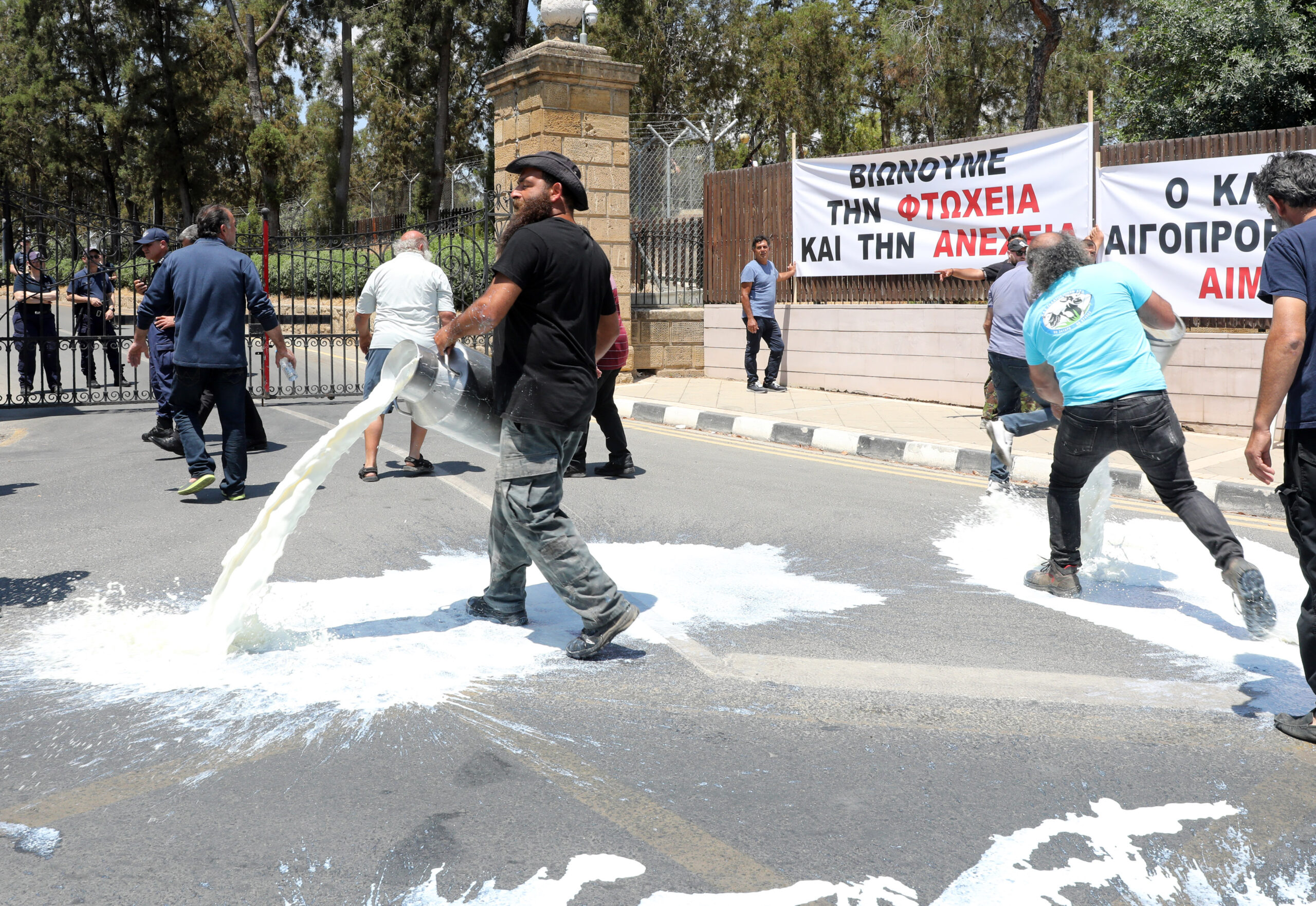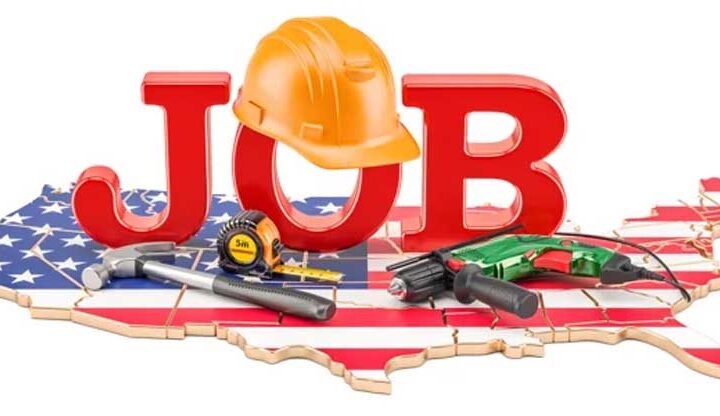It is sad that with the next presidential elections nine months away, what used to be a pro-business administration, aiming to boost entrepreneurship, build public sector efficiency, and combat corruption, has done exactly the opposite to satisfy voters.
This week’s protest-turned-violent by the goat farmers, rightly frustrated the government has back-tracked on the milk quotas for making halloumi, is proof in point.
Although the farmers took matters into their own hands and set a bale of hay on fire at the gates of the Presidential Palace, this is a problem that has been brewing.
Dairy companies have purposely delayed their obligation to abide by EU protected designation of origin (PDO) regulations, which safeguard the valuable halloumi brand against imitation and misuse.
Promises of support to the goat farmers, whose milk makes the Cyprus cheese unique, went up in smoke, just as the bale of hay set alight, with authorities standing idle like uninvolved bystanders.
Over the next few months, we will see and hear many more promises aimed at specific groups, such as the hint earlier this week by President Anastasiades that Cyprus ought to be proud of the inflation-adjusted wage indexation system known as a cost-of-living allowance (COLA).
It was music to the ears of the trade unions that wanted the full restoration of COLA. This one-way system increases wages but never reduces when the economy plummets into recession.
Unions that often disregard the labour rights of the ordinary low-income workers in favour of piling perks and benefits to higher-paid civil servants are desperate to find ways to safeguard pay for their members and have resorted to calling for a reduction in VAT on energy costs and putting a cap on basic consumer goods and foodstuff.
Although these are temporary measures, depriving the state of revenues, they do not see the bigger picture.
What is needed are jobs for all ages and skills, investment in infrastructure and transitioning to a green economy faster than the current snail’s pace.
Because of the inexcusable delay to import natural gas to burn at the state-owned power stations, we are paying more than €80 mln in emission fines a year, or about €400-500 per household, annually.
In addition to the cost of petrol and diesel, they are almost doubling, with a dire chain effect on everyone.
Ten years ago, when this administration first came to office, facing the banking and financial crisis, it said it would create thousands of ‘green jobs’ by encouraging investments in energy projects.
The “imminent” arrival of natural gas for power generation and ultimately household use would create more jobs, with technical schools expected to be filling to the brim with potential natgas engineers and installers.
Soon after that, and to encourage young unemployed university graduates to gain experience, the state subsidised their employment for six months, with little promise of further job guarantees, effectively pushing older, experienced unemployed further away from securing work and feeding mouths in their households.
Now, the administration and the ruling party are pandering to the ‘working class’ by building up momentum about a universal minimum wage, which, although welcome, is badly timed amid the fallout from the war in Ukraine and the impact on the economy.
What counts is voter numbers. The more you are, the better chances of your demands being met (at least verbally).
Time to get those protest placards out again.










